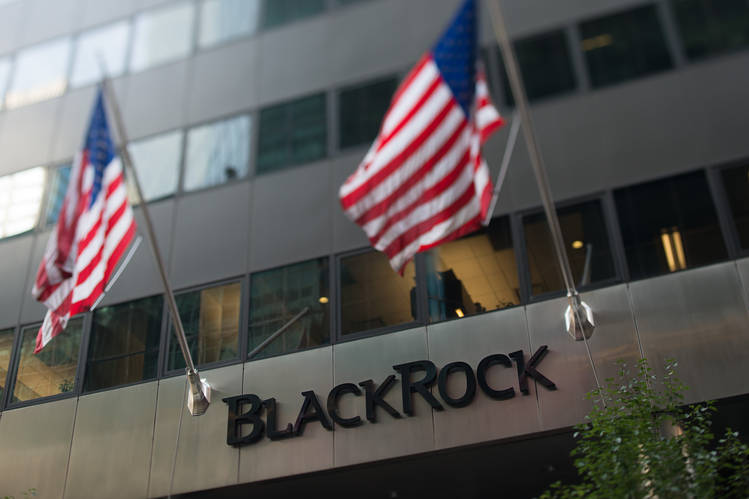2024-9-18 08:30 |
As the world’s largest asset manager and issuer of crypto exchange-traded funds (ETFs), BlackRock, solidifies its foothold in the industry, the firm’s Head of Digital Assets, Robbie Mitchnick, recently made interesting statements on key issues regarding BlackRock’s position and vision of the financial landscape.
In a recent interview with Bankless, Mitchnick outlined BlackRock’s strategy for engaging with crypto assets and the potential of tokenization in the broader financial sector.
Key Factors Driving Institutional Interest In CryptoBlackRock’s increasing engagement with cryptocurrency over the past few years stems from several pivotal factors. First and foremost, the institutionalization of crypto has gained serious momentum.
According to Mitchnick, this shift is accompanied by a growing recognition among regulators that digital assets are not just a fleeting trend; “they are here to stay.” Consequently, regulatory frameworks are evolving to accommodate and guide the integration of these assets into the traditional financial system.
Additionally, Mitchnick believes that there is a durable trend of large investors and corporations expressing interest in the crypto space, further solidifying its relevance.
Beyond just focusing on Bitcoin and Ethereum exchange-traded funds, he claimed in the interview that BlackRock’s ambitions go much further.
Mitchnick emphasized that blockchain technology has the potential to revolutionize financial infrastructure, especially when integrated with decentralized finance (DeFi) applications that can be developed around tokenized assets.
Mitchnick noted that the journey toward widespread tokenization is still in its infancy, highlighting three critical components necessary for widespread adoption: the establishment of institutional-grade custodians for crypto and tokenized assets, the creation of credible trading marketplaces to enhance liquidity, and the need for regulatory clarity that recognizes tokenized representations of traditional financial instruments.
Mitchnick’s vision reveals a future where a more efficient, accessible, and cost-effective financial system could potentially replace existing traditional infrastructures.
BlackRock’s Head of Digital Assets also believes that much attention is being paid today to the tokenization of stable value instruments, such as stablecoins.
However, he sees that there is a need to identify additional asset classes that could benefit from tokenization, particularly those that are currently difficult to access or expensive to manage.
The Case For TokenizationFor skeptics of tokenization, Mitchnick offered a compelling perspective. He posed a critical question: What is riskier for large traditional financial institutions? Allocating a small percentage of their portfolios to a new and “unproven asset class,” or migrating vast amounts of existing financial assets onto a new technological paradigm?
It is worth noting that in March this year, the asset manager launched its own tokenization fund on the Ethereum blockchain, namely BUIDL, which allows qualified investors to earn returns in US dollars.
In order to mitigate the perceived risks of tokenization, Mitchnick says that the industry needs to develop solutions that promote comfort and familiarity with blockchain technology. By doing so, he contends that institutions will gradually adapt to using blockchain rails, paving the way for greater acceptance of tokenization.
Mitchnick also articulated the numerous advantages of a tokenized financial ecosystem. Key benefits include enhanced liquidity, instantaneous and riskless settlement, 24/7 trading capabilities, and the digital nature of assets themselves.
Ultimately, BlackRock’s Mitchnick noted that these innovations promise to unlock vast efficiencies, broaden financial inclusion, and provide access to a wider array of investment opportunities in the financial landscape.
Featured image from Shutterstock, chart from TradingView.com
origin »Bitcoin price in Telegram @btc_price_every_hour
Digital Rupees (DRS) на Currencies.ru
|
|



